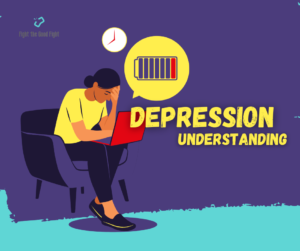Pornography has become a prevalent aspect of modern society, with easy access to sexually explicit content through various mediums. While many individuals may argue that pornography is a harmless form of entertainment, there are several reasons why it is best to avoid it. Here are ten good reasons why you should steer clear of pornography.
- Negative impact on relationships: Pornography can create unrealistic expectations about sexual relationships, leading to dissatisfaction in real-life sexual encounters. It can also lead to a lack of emotional intimacy and trust in relationships, as well as promoting unhealthy attitudes towards women and sex.
- Addiction: Like any other addiction, pornography can become addictive, leading to compulsive and damaging behaviours. It can lead to a vicious cycle of seeking out more explicit content, leading to increased time spent consuming pornography and decreased time spent on other important areas of life.
- Objectification of women: Pornography often objectifies women, treating them as mere objects of sexual desire. This can contribute to the normalisation of sexist attitudes and behaviours towards women and perpetuate gender inequality.
- Negative impact on mental health: Consuming pornography can have a negative impact on mental health, including increased anxiety, depression, and decreased self-esteem.
- Impact on sexual health: Watching pornography can lead to risky sexual behaviours and practices, which can lead to sexually transmitted infections, unintended pregnancies, and other negative sexual health outcomes.
- Normalisation of harmful behaviours: Pornography often depicts harmful behaviours such as non-consensual sex, aggression, and violence. This can contribute to the normalization of such behaviors and perpetuate rape culture.
- Impact on children: Children who are exposed to pornography can experience negative psychological and emotional effects, including confusion about sexuality and body image issues. They may also be more likely to engage in risky sexual behaviours later in life.
- Legal and ethical issues: Viewing or distributing pornography may be illegal or unethical in certain contexts. For example, the consumption of child pornography is illegal and contributes to the exploitation of children.
- Addiction to technology: Consuming pornography often involves the use of technology, which can lead to addiction to technology and negative impacts on mental health and relationships.
- Impact on society: Pornography can contribute to the objectification and commodification of human bodies, perpetuating harmful attitudes and behaviours towards women and sex. It can also contribute to the sexualization of culture and the normalisation of harmful behaviours and attitudes towards sex.
In conclusion, there are numerous good reasons to avoid pornography, including negative impacts on mental and sexual health, relationships, and society as a whole. While some individuals may argue that pornography is a harmless form of entertainment, it is important to recognize the potential harm it can cause to individuals and society. Instead of consuming pornography, individuals can prioritise healthy relationships, self-care, and positive attitudes towards sex and sexuality.



